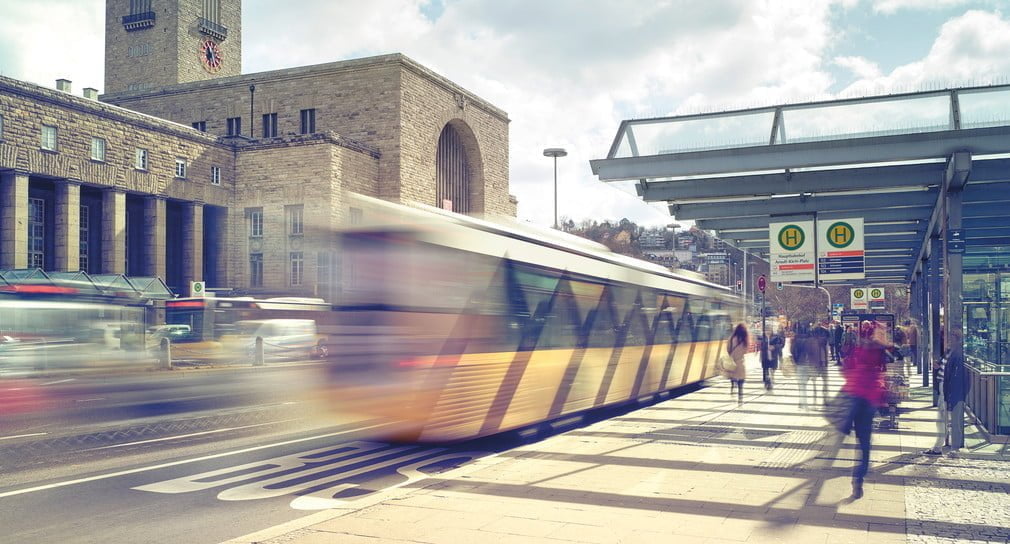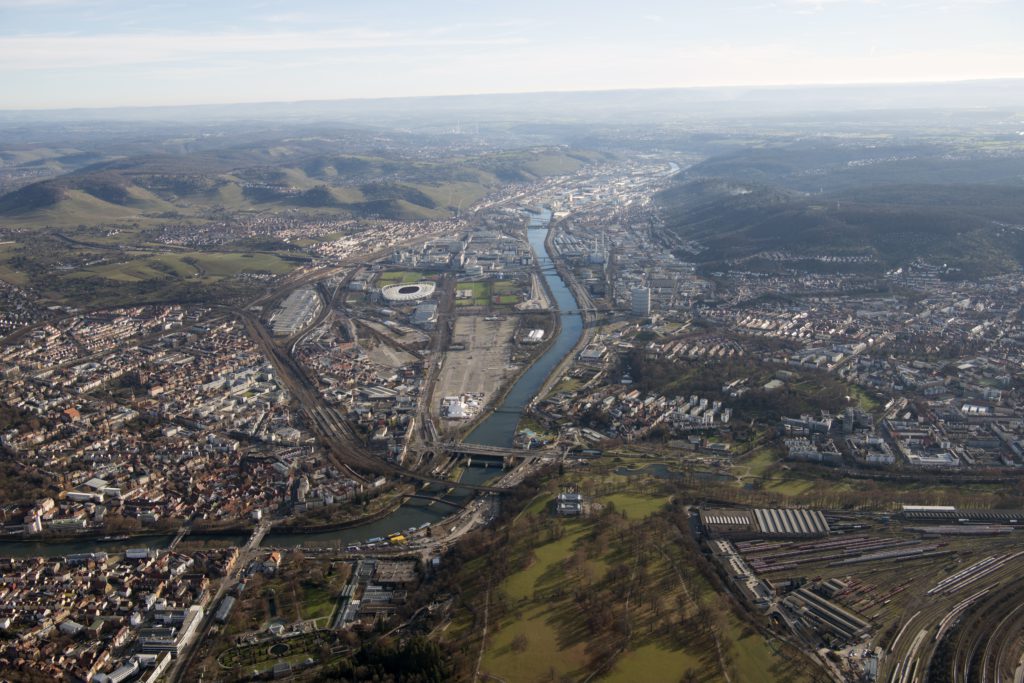Baden-Württemberg introduces "Public Transport Guarantee" financed by car owners
The Ministry of Transport of Baden-Württemberg, in the South-West of Germany, is taking concrete steps to reduce car traffic and expand public transport alternatives.
Policy decisions in the present decade will be crucial to the successful mitigation of climate change and its drastic consequences. The transport sector in particular has to make a very significant contribution in order to achieve this end.
Among these, the Ministry of Transport of Baden-Württemberg aims at doubling demand for public transportation by 2030 and reducing car traffic in cities by one-third (compared to 2010). The goal is to relieve roads of car traffic while at the same time expanding public transport alternatives and rendering them more attractive. Only then, there will be sufficient incentives to switch from cars to climate-friendly modes of transport. Two priority measures to achieve these targets are the mobility guarantee and the mobility pass.
One inspiration for the mobility guarantee stems from the findings of a 2020 study looking at public transport systems in Vorarlberg (Austria) and Switzerland, titled “ÖPNV-Report”. This study identified the comprehensive expansion of public transport services through significant timetable and frequency improvements as a key lever for doubling demand for public transport. With the mobility guarantee assuring a reliable public transport service from 5 a.m. to midnight, the Ministry of Transport aims to promote public transport as an attractive service in both urban and rural areas and thus provide a clear incentive to switch from cars to buses and trains.
The vision is simple: people should be able to reach their home, workplace or other destination for visits and errands at least every 15 minutes in metropolitan areas and at least every 30 minutes in rural areas. Once such a service is available, people no longer need to worry about whether they can get there by bus or train, or whether it is more suitable to take the car. In areas and at times of low demand for transport, this ambitious expansion can only be realised in an economically viable and ecologically sensible way with flexible and demand-driven on-demand services. Digital technologies may prove useful in this context.
In order to finance part of the expansion of services and low fares, municipalities shall get the legal possibility to generate revenue with a mobility pass. This should strengthen public transport and change mobility behaviour. The basic idea of a mobility pass is that, for example, car owners living in a given municipality pay a substantial contribution for which they also receive a public transport ticket or a corresponding reduction – the mobility pass. Depending on the amount of the contributions, these can in turn finance improvements in the public transport service as well as fare reductions.
The measure is part of Baden-Württemberg efforts to achieve the ambitious climate protection targets through sustainable urban mobility.

